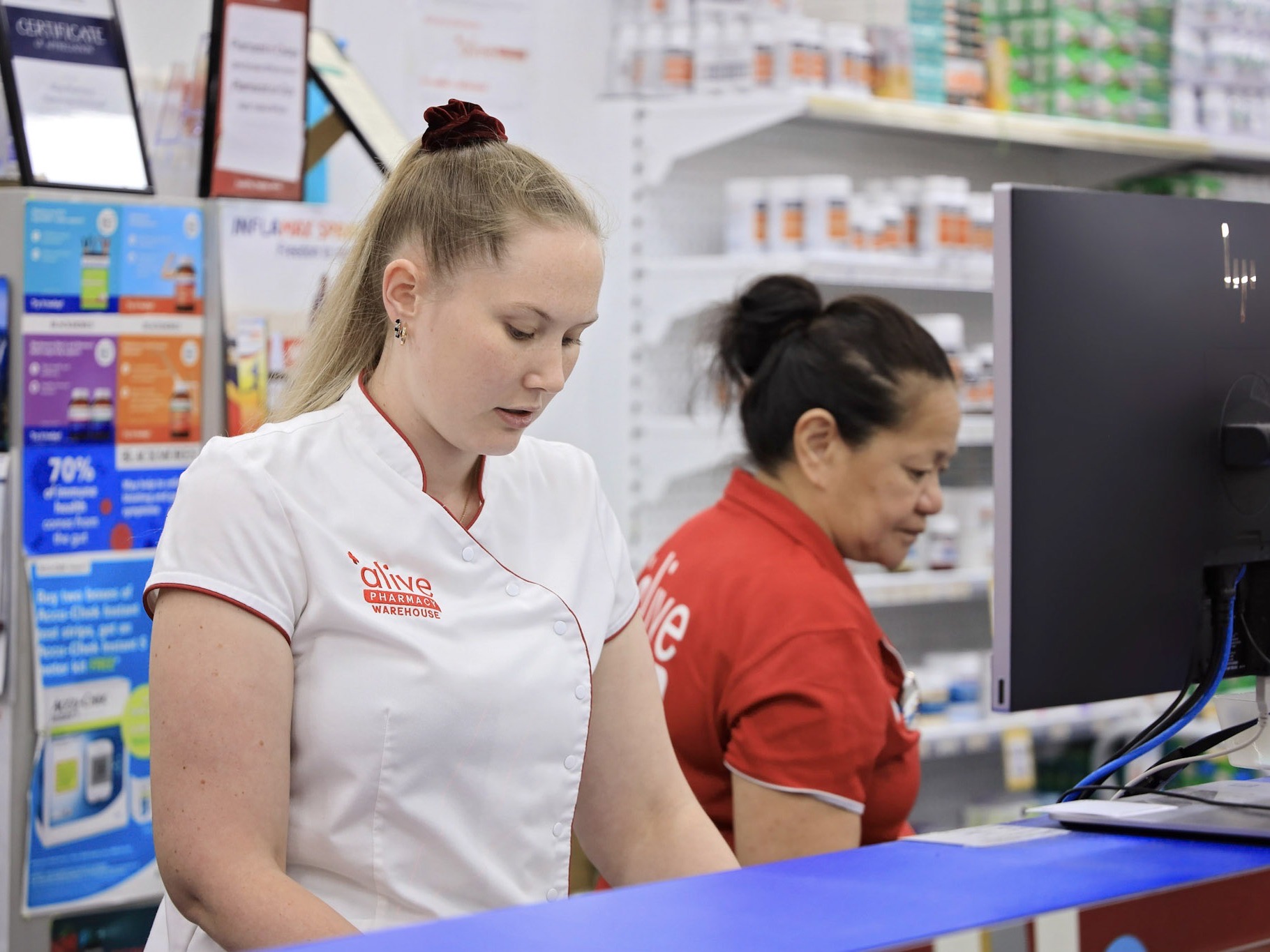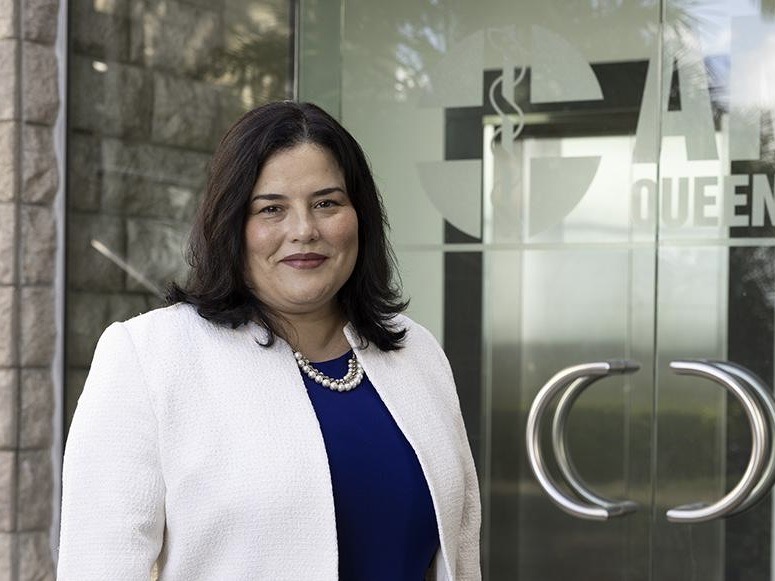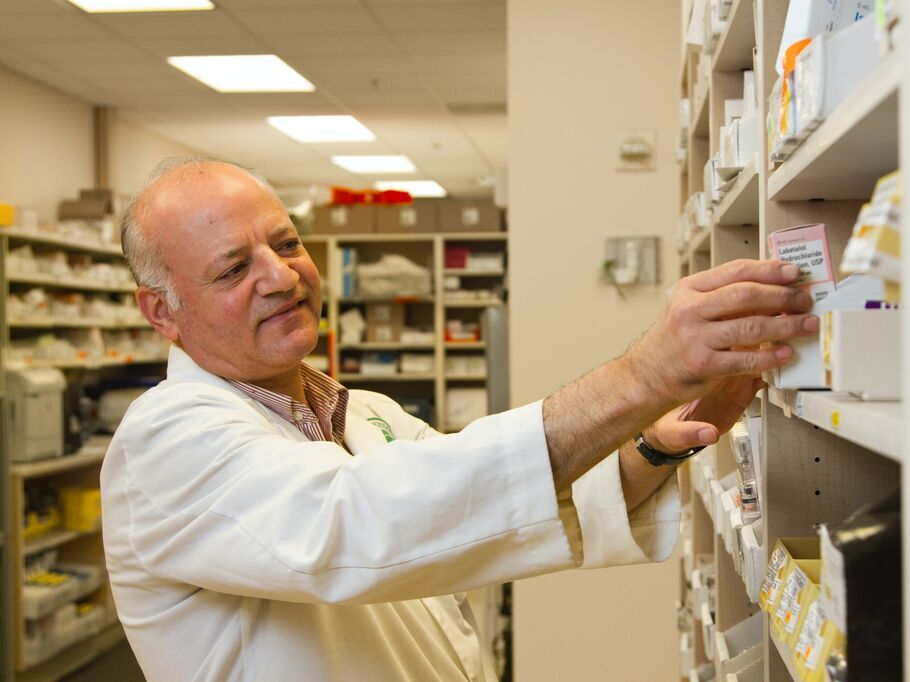
##MP##
Queensland will become the first state or territory to permanently offer treatment for urinary tract infections, including antibiotics, through pharmacies.
Historically, a GP appointment and a script was required to access treatment for the condition.
UTIs impact 50 per cent of Australian women at least once in their lifetime, according to the Pharmacy Guild of Australia.
The announcement comes after a two-year trial of the service, which was launched between Queensland Health, Queensland University of Technology and participating pharmacies.
##IAA1##
To date, over 820 pharmacies took part in the pilot, while almost 9000 people sought UTI treatment from a pharmacy.
The service will soon be available across all pharmacies for people aged 18 to 65.
##PQ##
“(They) received immediate treatment or advice, in line with the pilot’s aims,” Health Minister Yvette D’Ath said.
“It is important Queensland Health continues to evolve to provide effective healthcare services to the community, and engaging with local pharmacies is critical to achieving this.
“We know from international experience on how effective this can be, particularly in the United Kingdom, Canada and New Zealand where community pharmacists provide a wide range of patient care activities including prescribing.
“It makes sense to offer this well-received program on an ongoing basis to ensure women continue to receive this important service that provides an alternative avenue for Queenslanders to receive care.”

However the Australian Medical Association (AMA) strongly opposes the decision.
AMA Queensland President Dr Maria Boulton said the evaluation report of the program has no “scientific rigour.”
“The pilot’s evaluation report shows that the vast majority of women who took part in the pilot were never followed up with and, of those who were, at least 313 needed further assessment and treatment,” she said.
“Four ended up in emergency departments.
“Virtually every woman under this scheme was sold antibiotics, whether she needed them or not.
“One in two pharmacists said they would have found it difficult to ask women for the $19.95 service fee without also prescribing and selling them antibiotics.
“What happened to the 4,300 women who were not followed up on? We will never know.
##PQ2##
“It ensures that antibiotics and other medications are only given when absolutely necessary, without any financial incentive.”

Katrina, aged 47, accessed the UTI treatment at a pharmacy during the pilot and supports the service becoming permanent.
“I was able to pop into my local pharmacy on the way home from work; it was quick, simple and really convenient,” Katrina said.
##IAA2##
“This is really a fantastic service to make available to women – especially for those in rural and regional areas of Queensland who may not be able to access a GP in a timely manner.
“I usually see my community pharmacist more than my GP, so it’s wonderful to see health professionals from across the health system being used in this way.
“It means we are using the healthcare system to its fullest potential.”
An untreated UTI can lead to a kidney infection, which can cause severe and even life-threatening complications.
The Pharmacy Guild of Australia found that in 2018 alone, there were more than 20,000 potentially preventable hospitalisations in Queensland due to urinary tract infections and kidney infections.
A trial allowing pharmacists to prescribe more medicines for 23 conditions, including hypertension and type 2 diabetes, was also scheduled to begin in June.
Canada, New Zealand and the UK already have similar programs, however the plan has been criticised by the AMA and Royal Australian College of GPs.
Main points
- A pilot service allowing Queenslanders to seek UTI treatment at pharmacies will become permanent
- Historically a GP script was needed to access the antibiotics necessary to treat the common condition
- The Australian Medical Association, which represents GPs, strongly opposes the move








